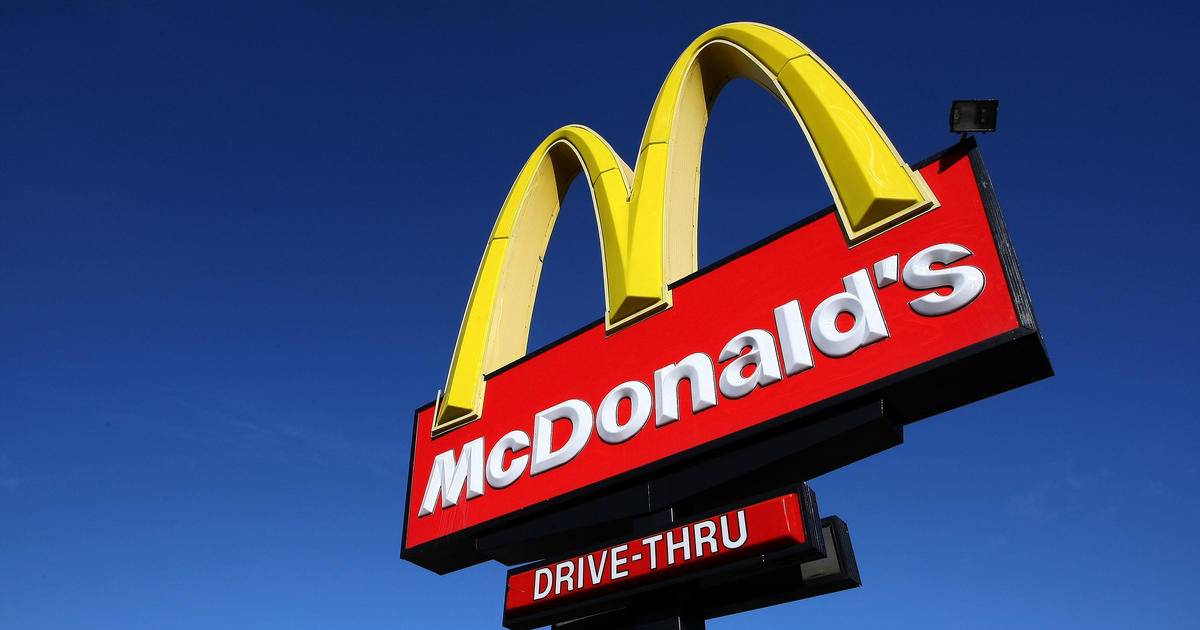Is Grubhub fattening its coffers by buying up restaurant website names?
Grubhub's effort to be the dominant force in app-based food delivery could be jeopardizing the online presences of the very restaurants its customers order from. Grubhub and its Seamless unit have purchased web domains that use the names, or something close to the names, of thousands of eateries, effectively blocking the restaurants themselves from using those web domains. That's according to a recent report by New Food Economy, a nonprofit that published a list of the domains, some of which may have expired.
New Food Economy said "GrubHub has registered more than 23,000 web domains. Its subsidiary, Seamless, has registered thousands."
Further, Grubhub seemingly operates "shadow" pages on some of the domains without permission from the restaurants involved, New Food Economy found. While the real and so-called shadow pages in the end lead to actual restaurant orders, the approach likely directs customers and some revenue away from restaurant-run sites.
Grubhub bases its fee structure on its marketing services. If a consumer finds a restaurant in the platform's app or through a Grubhub promotion, it charges more in commission. Conversely, if someone goes from a restaurant's actual web page to Grubhub's system to place an order, Grubhub takes less of a cut from the eatery.
Grubhub's commission can range anywhere from 22% to 40% of an order, according to Christopher Webb, CEO at ChowNow.com, which started in 2012 as an alternative to Grubhub and others. It charges a flat fee to provide software and online marketing tools to restaurants and regional chains.
A public company since 2014, Grubhub has raised guidance every quarter. "They do it on the back of independents. They do a good job of siphoning money away from restaurants," Webb told CBS MoneyWatch. The scenario ultimately drives up costs for restaurants and prices for consumers, he added.
Tolls taken
One advocate for small and independent businesses labeled the company's business model as predatory. "This is what digital commerce has become. A few companies cornering the web & setting themselves up as gatekeepers who can extract tolls from real businesses," Stacy Mitchell, co-director of the Institute for Local Reliance, an advocacy group, said in a tweet.
Grubhub refuted as "absolutely false" the notion that it would engage in "cybersquatting or any other behavior that would harm its restaurants," the company said in an emailed statement. "In the past, we have registered domain names and created websites as a way for restaurants to drive more online orders. In every case, restaurants gave us explicit permission to do this, and we have always given restaurants the ability to assume control of any domain created for them. Grubhub charges restaurants close to zero in marketing commissions on orders that go through these websites."
Grubhub is already under fire from some restaurant owners who claimed in a class-action complaint at the end of 2018 that the service had tacked on extra fees by counting customer complaints or questions as orders. Grubhub at the time dismissed the suit as "without merit."
Executives for the Chicago company reportedly told the New York City Council on Thursday that restaurants complaining about Grubhub charging for non-order phone calls were "in the minority."



